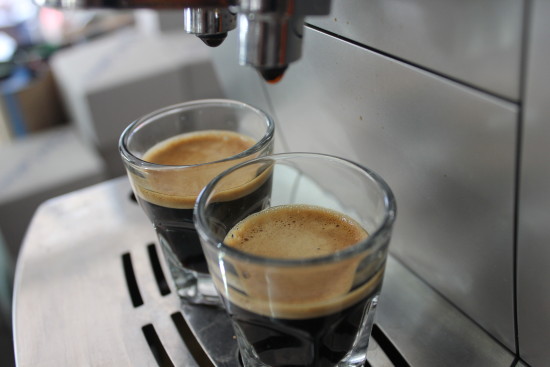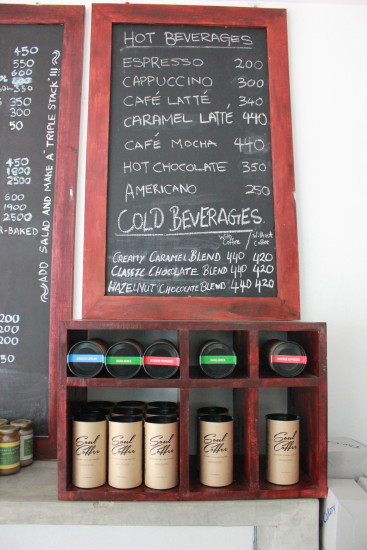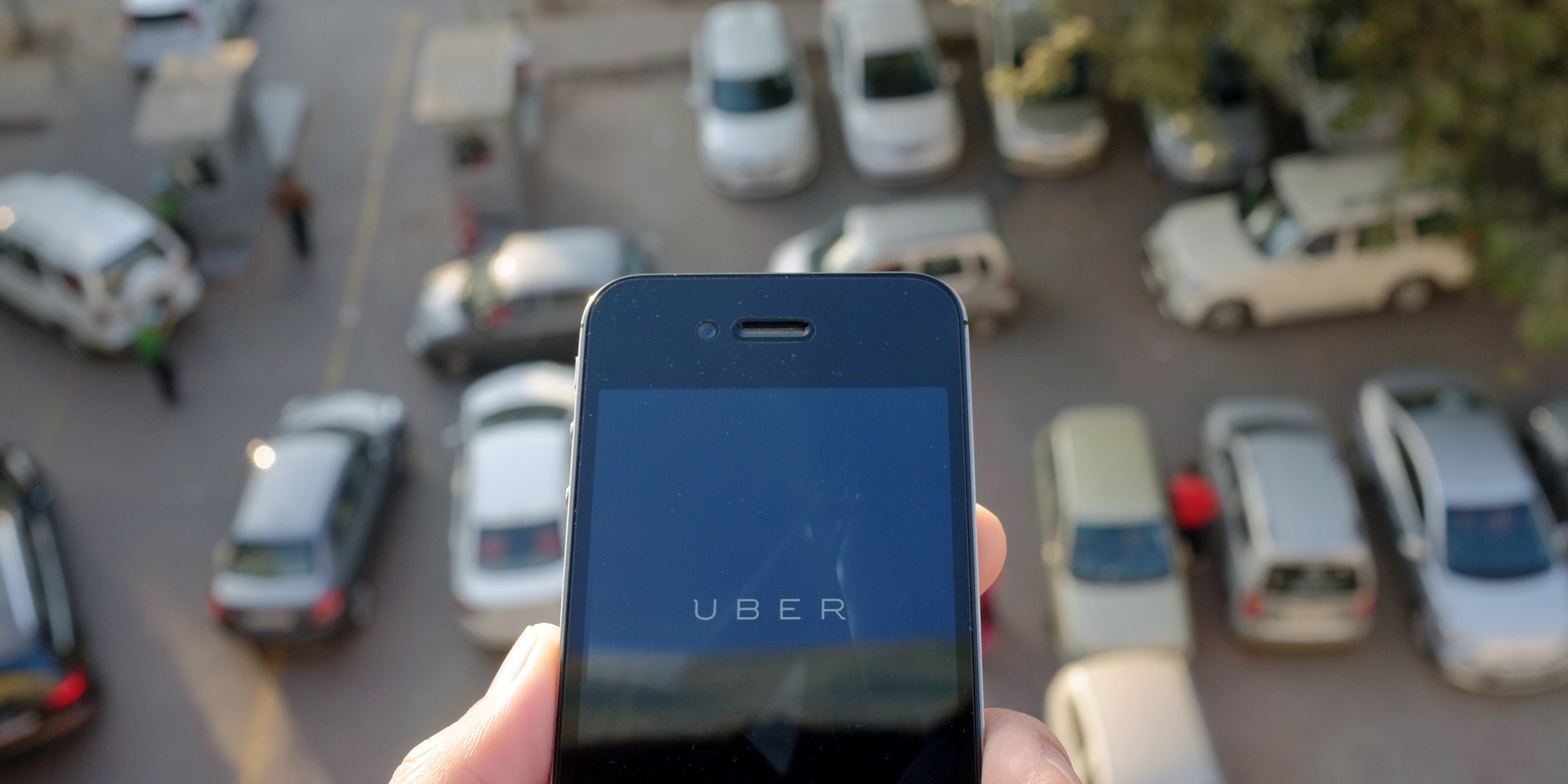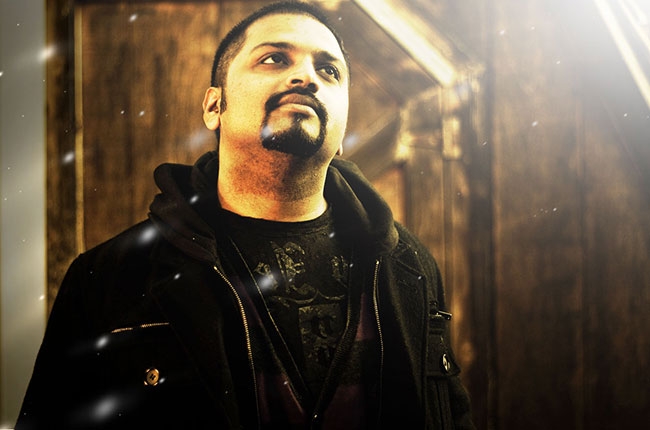
Rinosh Nasar didn’t know the taste of instant coffee until long after he left school.
His family, originally from Southern Sri Lanka , were used to home-roasted brew. When Rinosh first tried what was commercially available, he was disappointed to find that the smooth-tasting coffee of his childhood was considered a luxury item.
This minor observation would, one day, lead to the creation of his own brand.
Rinosh got first hand experience on business operations when he joined John Keells Holdings fresh out of university. This is where, he says, he learned to think quantitatively and gained an understanding of how businesses operated in Sri Lanka. He then had a stint at Amba Research, which gave him a solid grounding in finance. Currently he is working at MAS Holdings as a finance entrepreneur, gearing products to market on a global scale.
Through his work experience, Rinosh managed to understand that there was an important gap in the coffee market. While there was an abundance of upscale coffee shops, and a similar proliferation of instant coffee, there was no happy middle ground between high quality and affordability.

“I believe there is space to play in the segment which provides a high quality, locally sourced roasted coffee. With the growing middle income market, and people moving away from instant coffee and towards freshly roasted coffee, I believe our market segment is growing,” Rinosh said.
With that, Soul Coffee was born.
When you think of the term soul food, you think of indulgence and comfort – and this is what Soul Coffee tries to encapsulate in their brand. As with soul food, Soul Coffee tries to highlight and celebrate local ingredients, which is a key reason behind the name. However, there is one difference. Soul Coffee is an ethically conscious brand. The beans are sourced from smallholder farmers in areas like Nuwara Eliya, Badulla and Welimada. The distinctive packaging uses recycled material and the company tries to reduce its carbon footprint wherever possible. Rinosh acknowledges that there is more he wants to do with Soul Coffee to make it completely sustainable.
“I wanted to allow people to indulge in a good cup of coffee without feeling guilty about it. It’s a good quality product that actually helps people,” Rinosh explained.
So unlike soul food, Soul Coffee does decadence without the guilt.

“I’ve always loved coffee, and it’s fortunate that at this time in my life, I am able to follow my passion,” said Rinosh. “That’s not to say that it was easy. I took three weeks off from my full time job in order to launch Soul Coffee. That involved long hours of training staff, working on recipes and talking to customers. I tasted each individual cup of coffee made, to ensure that everything matched our standards.”
That’s not counting the year of endless nights he spent perfecting everything from the brand to the packaging. Even the order quantity posed its own problems. In Sri Lanka, most places have a minimum order quantity of 10000, which adds to overheads and limits the flexibility of a start-up.
It was demanding work with many hurdles along the way, many of which he would not have been able to overcome without the support of his friends, which he wholeheartedly acknowledges.
“Achieving a work-life balance is still a major challenge. When you’re starting out, you need to commit that time and focus on your business. I feel one of the key decisive moments was when I decided to not do a hundred things at the same time and focus on a few key things,” Rinosh said.
As might be expected, funding is always a challenge, especially if you want to retain ownership of your brand, he explained. Getting the business model right so that it didn’t affect finances or hinder the brand’s growth was critical before launching Soul Coffee.
Eventually the hard work paid off, which is evident with one sip of the Soul Coffee cappuccino – a velvety smooth coffee lacking the bitter aftertaste of instant coffee. Soul Coffee uses 100% Arabica beans in three variant; the Smooth Ceylon roast, which is medium and mildly flavoured; Indulgence, a dark roast coffee; and Intense Espresso. These are available in whole bean or ground coffee. There are no additives or concentrates used – just a good shot of coffee.
Soul Coffee has currently tied up with the Cakery, so you can enjoy a warm Cappuccino or even a cold Chocolate Mocha Blend at their café on Sulaiman Terrace. Check out their website and Facebook page for more information.









